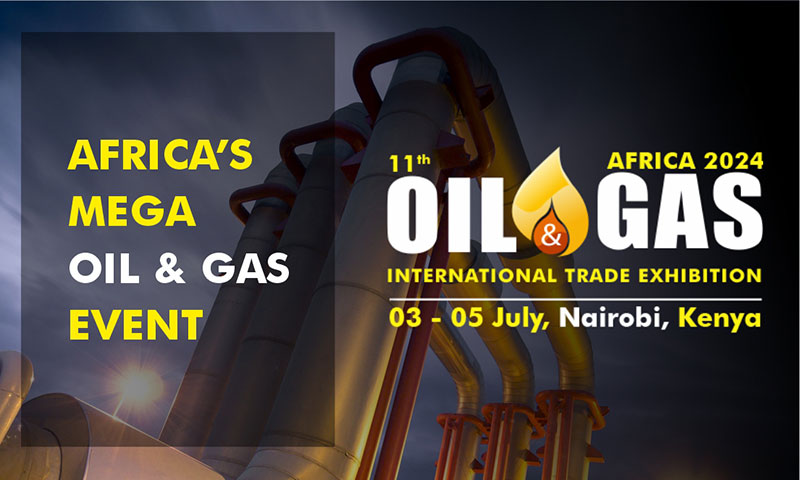

AFRICAN OIL & GAS ORGANISATIONS PLAN FOR AN UPTURN IN THE OIL PRICE: PWC SURVEY
.jpg)
Posted on :Thursday , 6th August 2015
AFRICAN OIL & GAS ORGANISATIONS PLAN FOR AN UPTURN IN THE OIL Overall, activity in the oil & gas industry across the African continent has slowed in the wake of the declining oil price in late 2014.
“While the oil price has caused activity to drop, it has also served as a wake-up call to many African governments, which are working hard to pass favourable oil & gas legislation in order to attract investment into the sector,” says Chris Bredenhann, PwC Africa Oil & Gas Advisory Leader.
Countries such as Kenya, South Africa and Tanzania have been taking a serious look at legislation currently in place with a view to making it more investor-friendly.
PwC’s ‘Africa oil & gas review, 2015′ analyses what has happened in the last 12 months in the oil & gas industry within the major and emerging African markets. As oil prices declined in 2014, the industry response has been far-reaching with significant reduction in headcount and other cost cutting measures. Capital budgets have also been cut, and frontier exploration activity has decreased.
“While response to such a drastic decline is necessary, we have seen the most successful organisations are taking time to re-set, re-strategise and plan for the upturn in prices, which will inevitably come. Africa should be no exception as many of the frontier exploration plays lie on the continent,” adds Bredenhann.
As at the end of 2014, Africa has proven natural gas reserves of just under 500 trillion cubic feet (Tcf) with 90% of the continent’s annual natural gas production still coming from Nigeria, Libya, Algeria and Egypt.
Growth and development
The main challenges identified by organisations in the oil & gas industry have remained largely unchanged with the top three issues of uncertain regulatory framework, corruption and poor physical infrastructure also identified as the biggest challenges in 2014.
Uncertain regulatory frameworks remain a concern across the industry, with more than 80% of Tanzanian respondents regarding regulatory uncertainty as the top challenge facing the business. Other countries where respondents cited concern about regulatory uncertainty include Nigeria, Kenya and Angola.
The inadequacy of basic infrastructure ranked much higher in the current review than in 2013. Areas in which infrastructure remains limited are likely to see the development of existing discoveries stalled unless there is a domestic need for the resource.
Organisations identified the price of oil and natural gas as the most significant factor that would affect their companies’ businesses over the next three years.
“This is not surprising given the current uncertainty around the market,” says Brendenhann. He adds: “Fortunately industry players are looking beyond current prices when planning for the longer term.” The results of the report show that a high 90% of respondents expect the oil price to increase gradually over the next three years.
People skills and skills retention is rated the second most likely factor to impact business over the next three years. Community/social activism, instability and unstoppable political events, ranked fourth, are a noteworthy concern in the oil & gas industry. Organisations from South Africa, Mozambique, Nigeria and Kenya, in particular, expected community/social activism/instability and unstoppable political events to have a significant impact on their business.
Asset management and optimisation also remains a top strategic focus area for oil & gas companies over the next three yearsPWC SURVEY
Please Select an Option
-
Exhibiting
-
Visiting
-
Information

Expogroup
Expogroup is a full service exhibition organiser with over 28 Years experience in International trade exhibitions. Our current portfolio includes 28 annual exhibitions from a diverse range of industries being held across the Middle East & Africa.
EXPOGROUP © 2024 | Privacy policy
